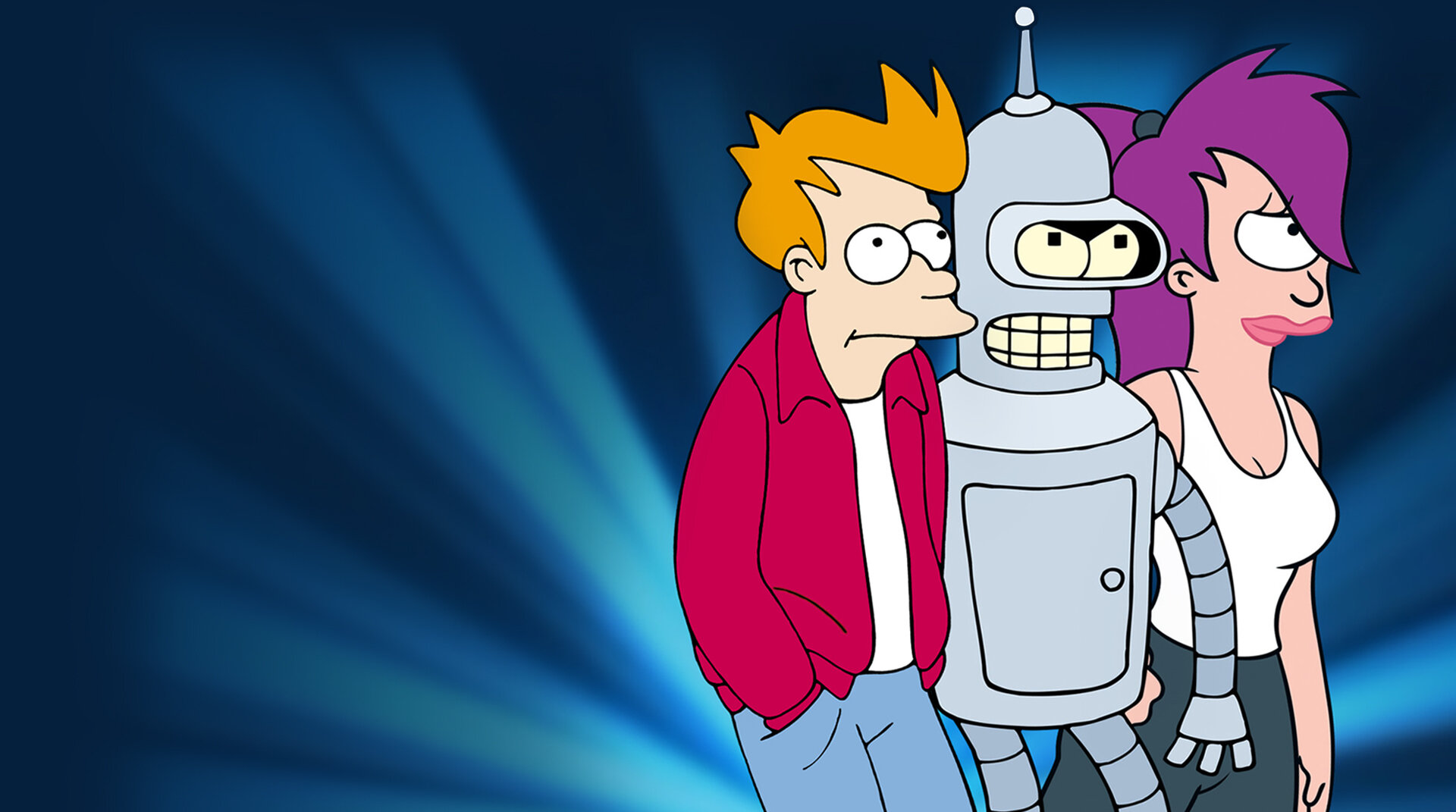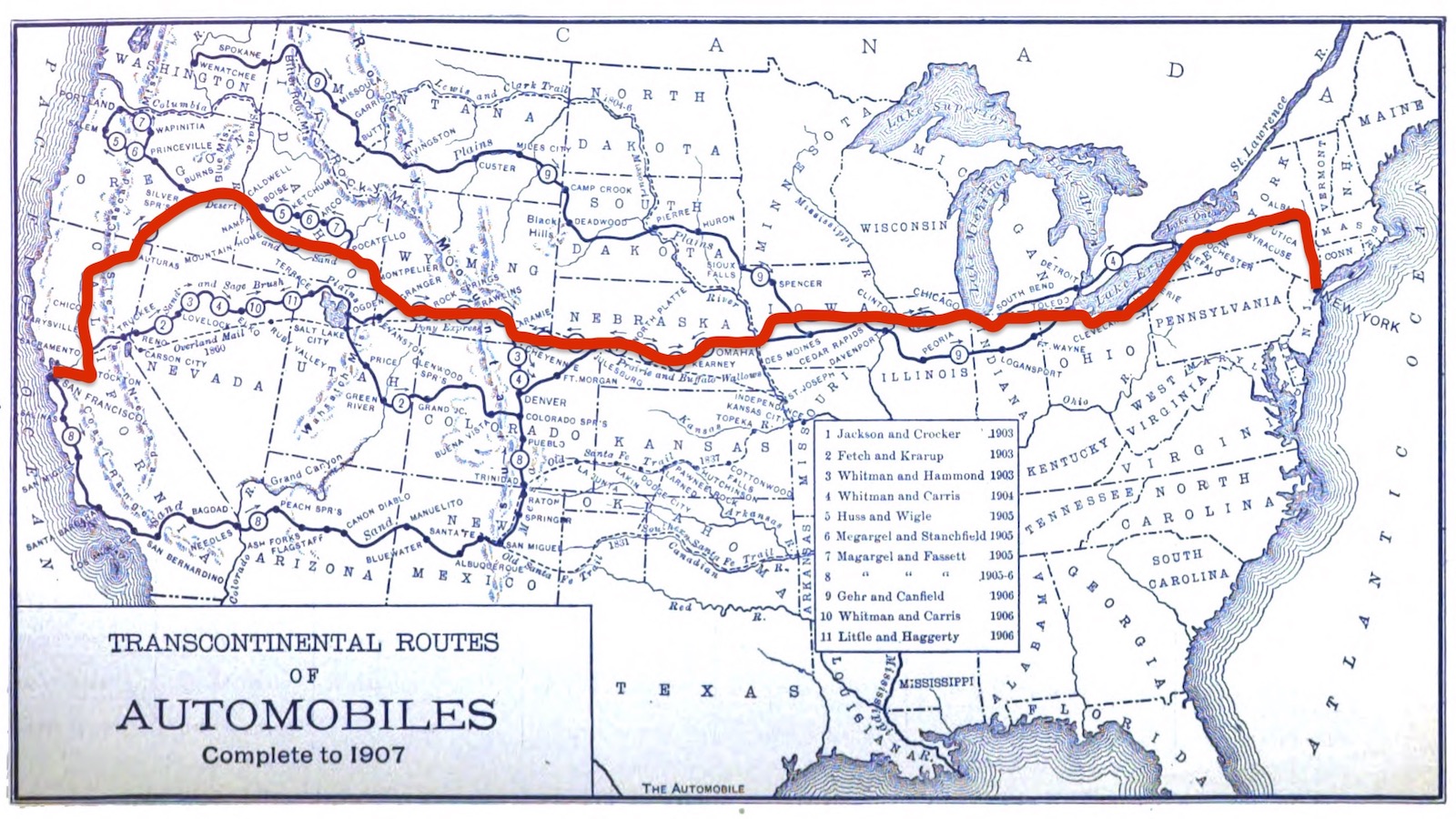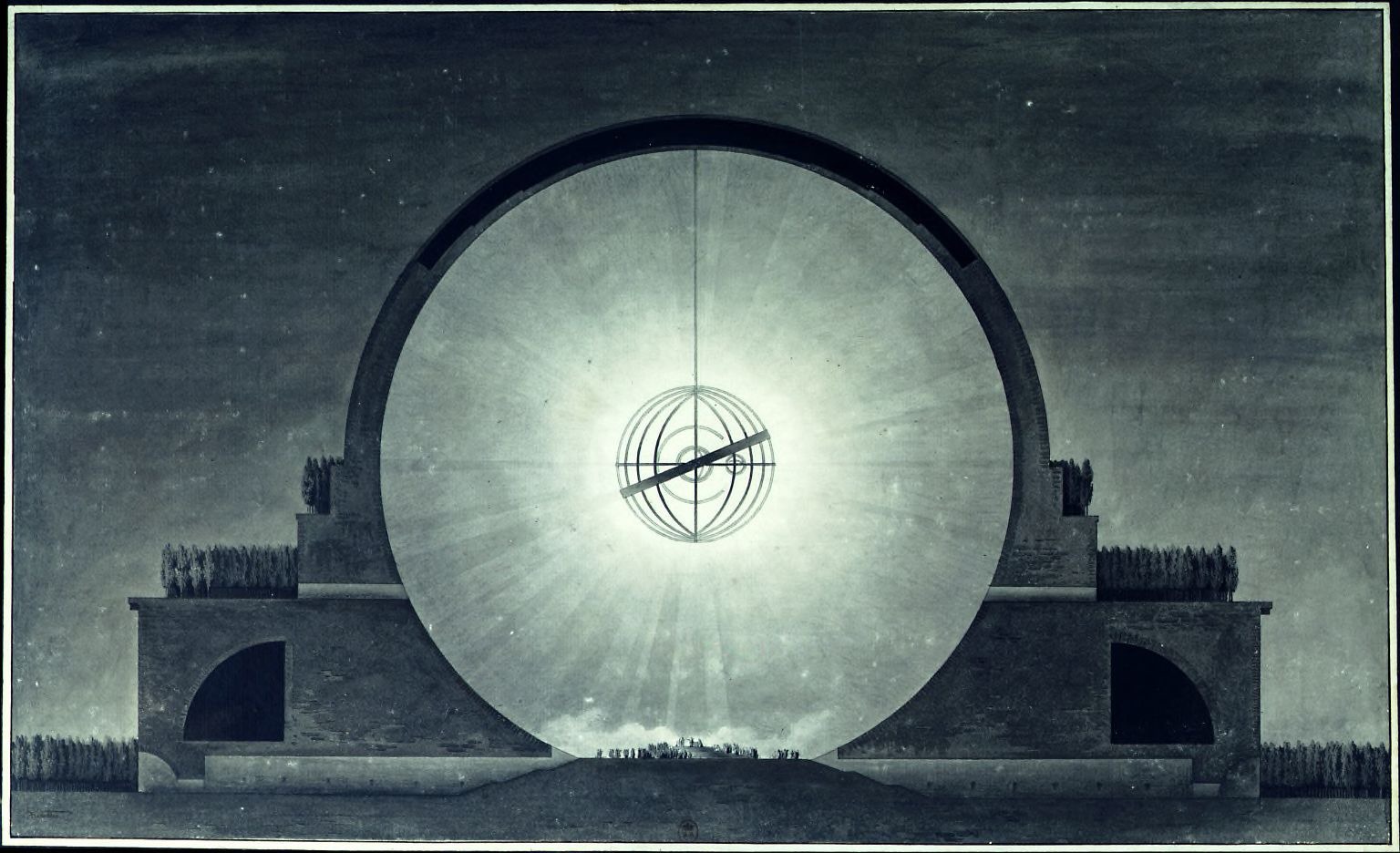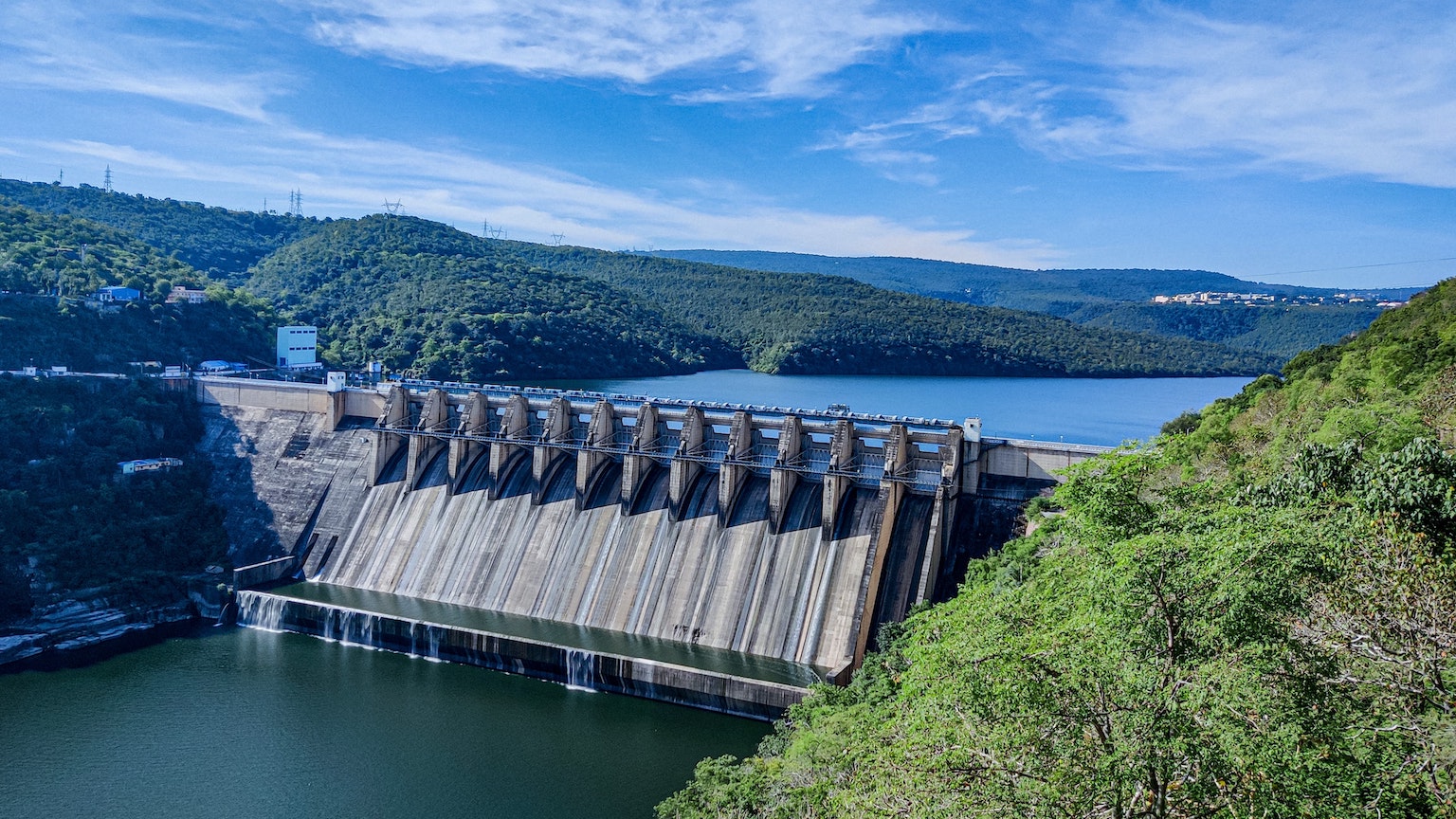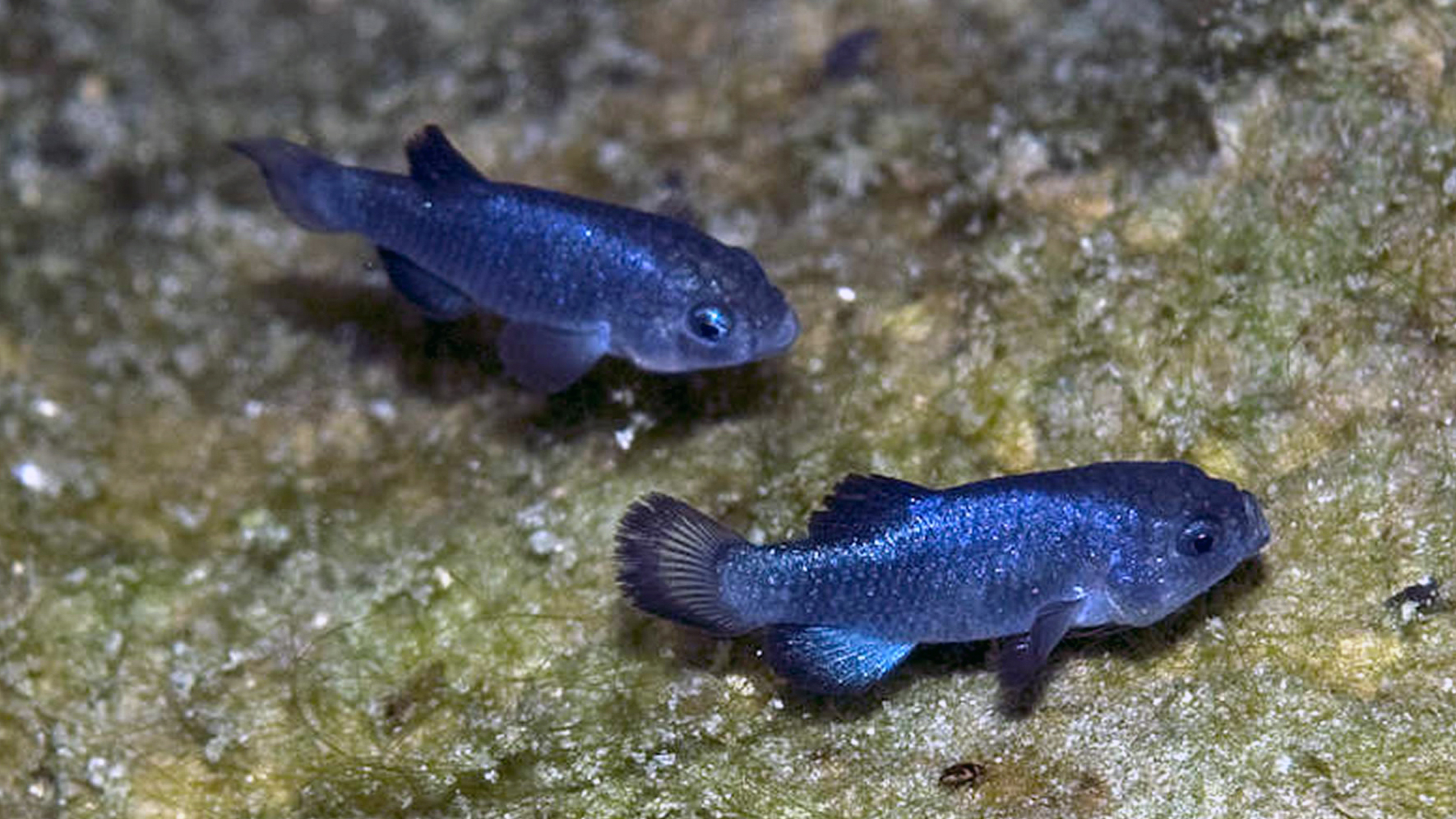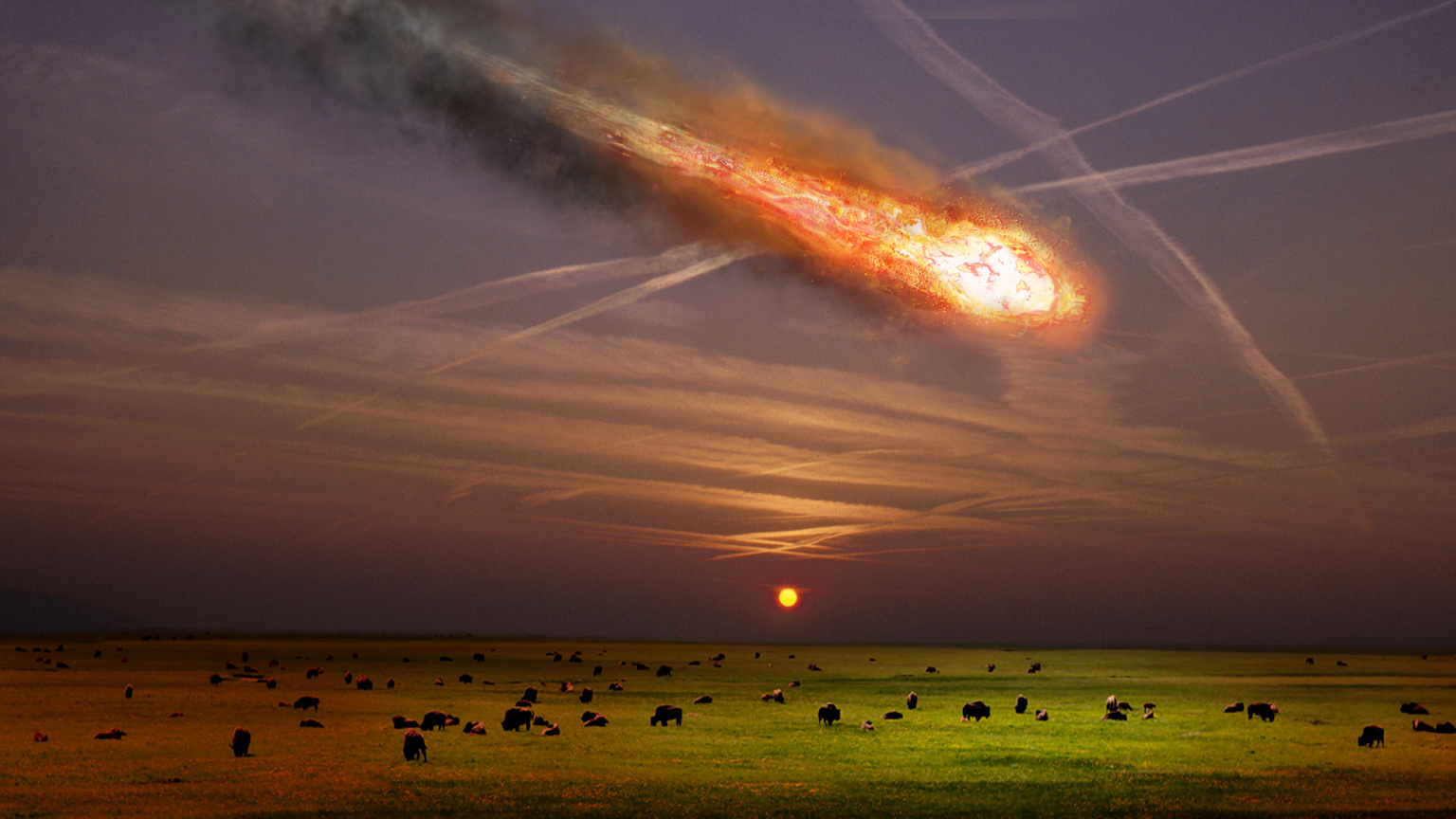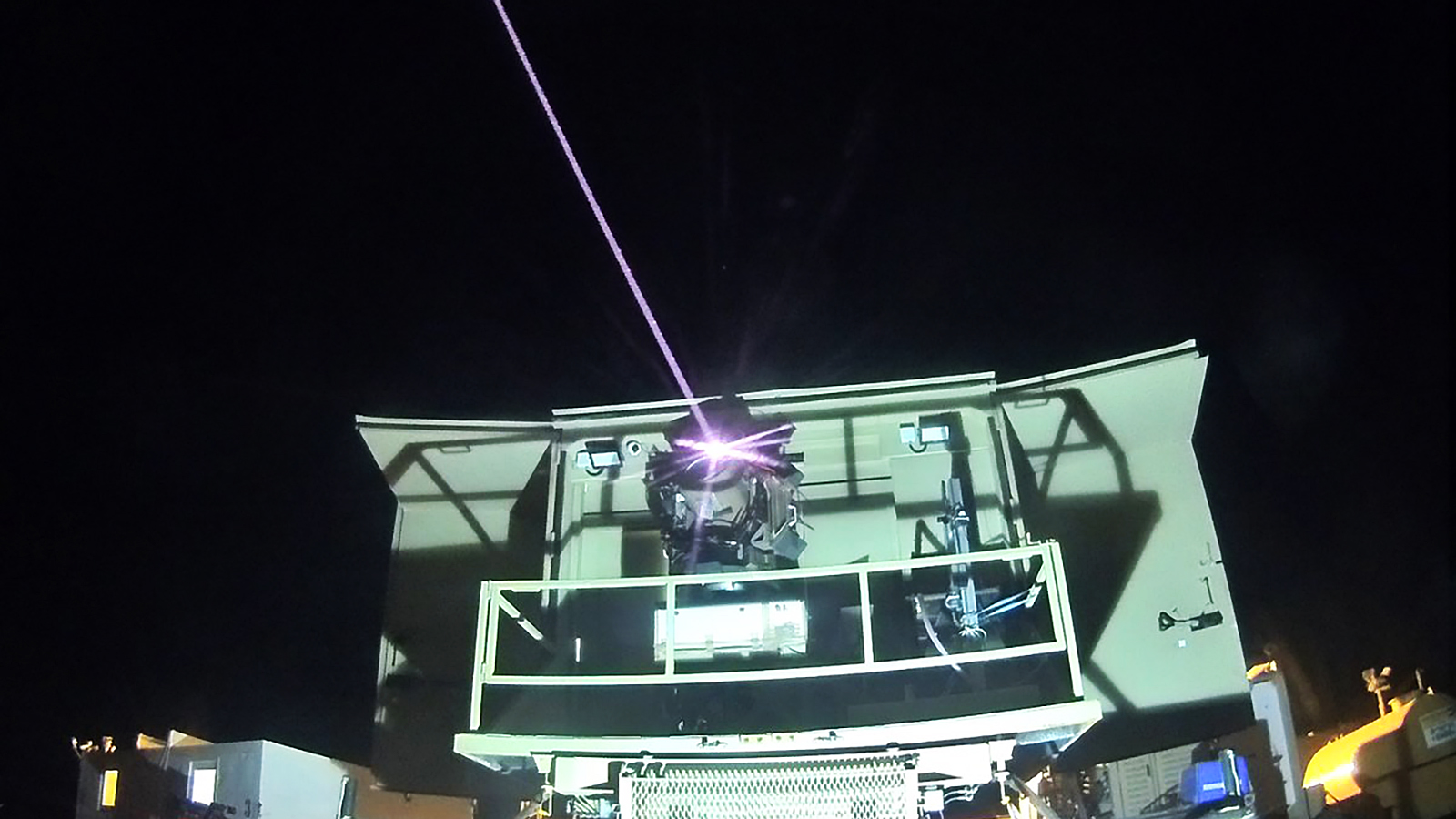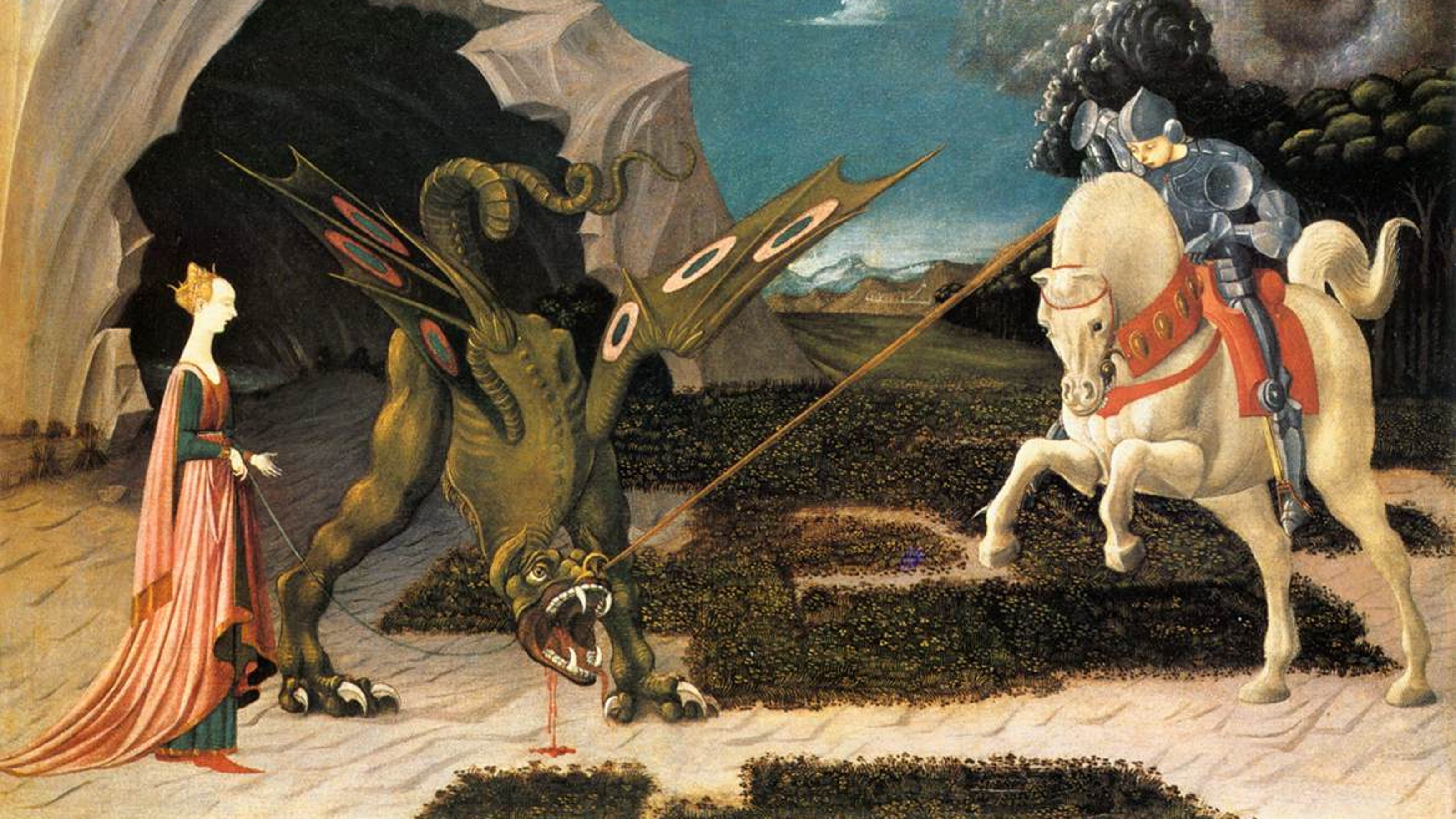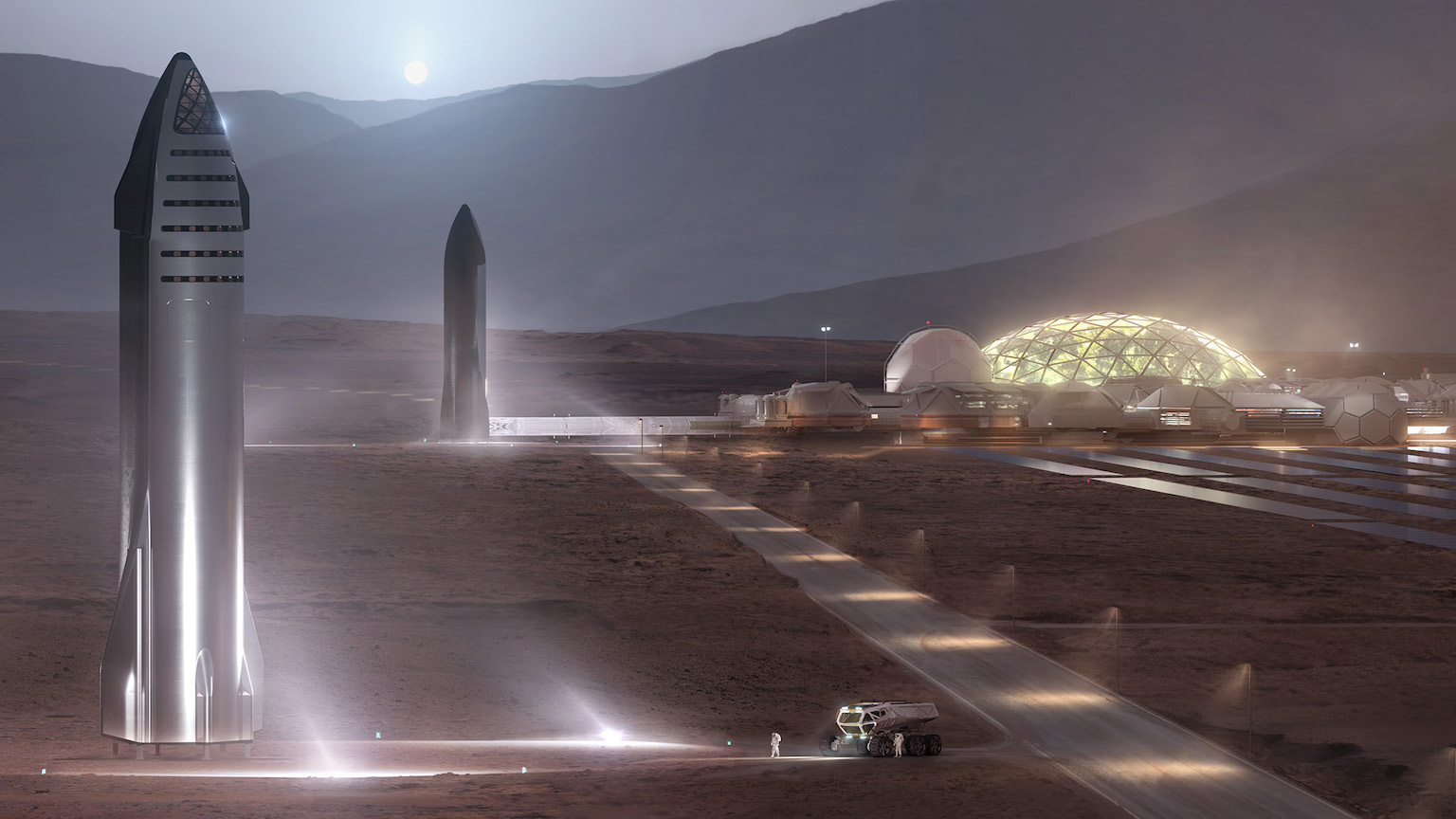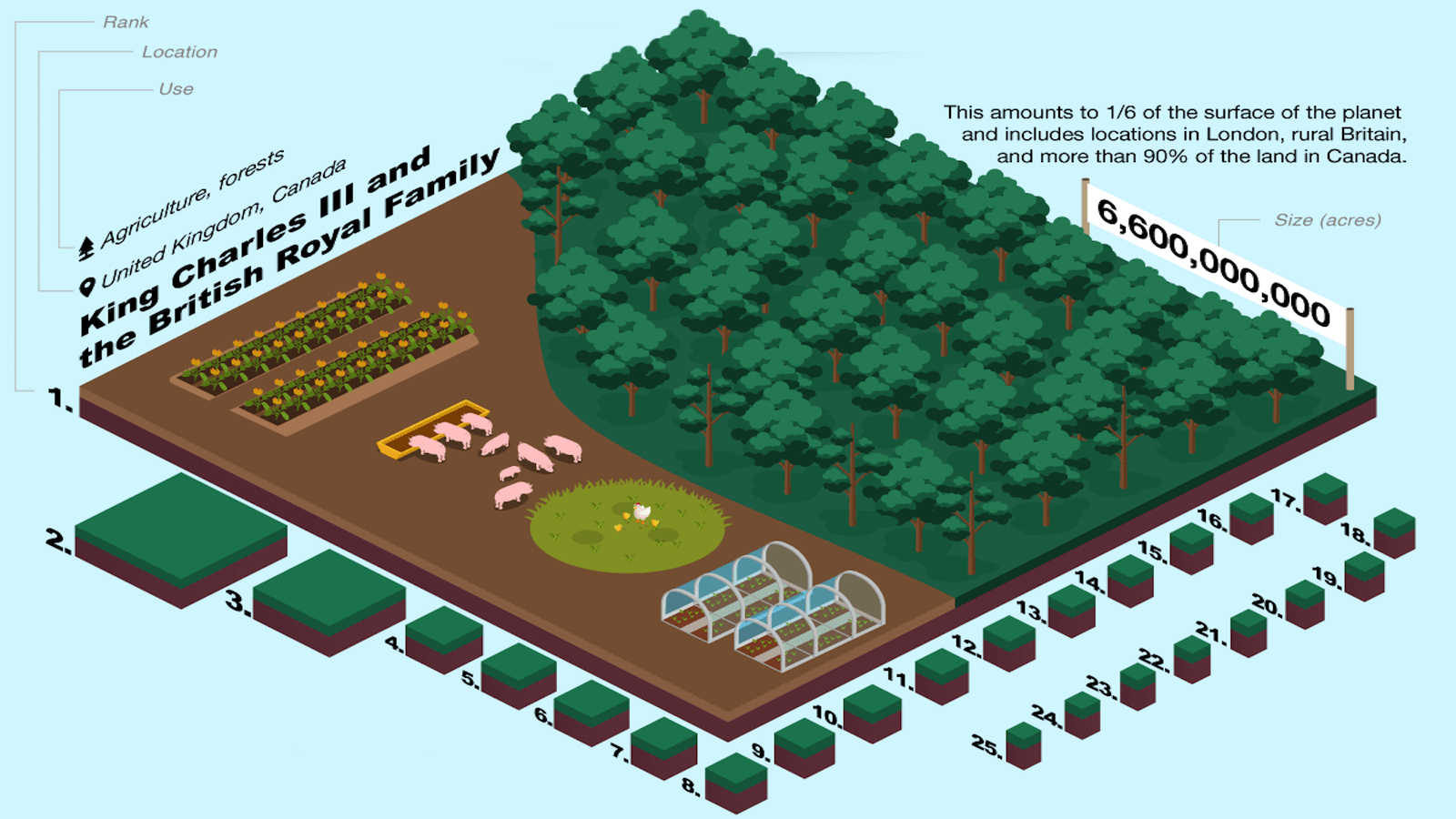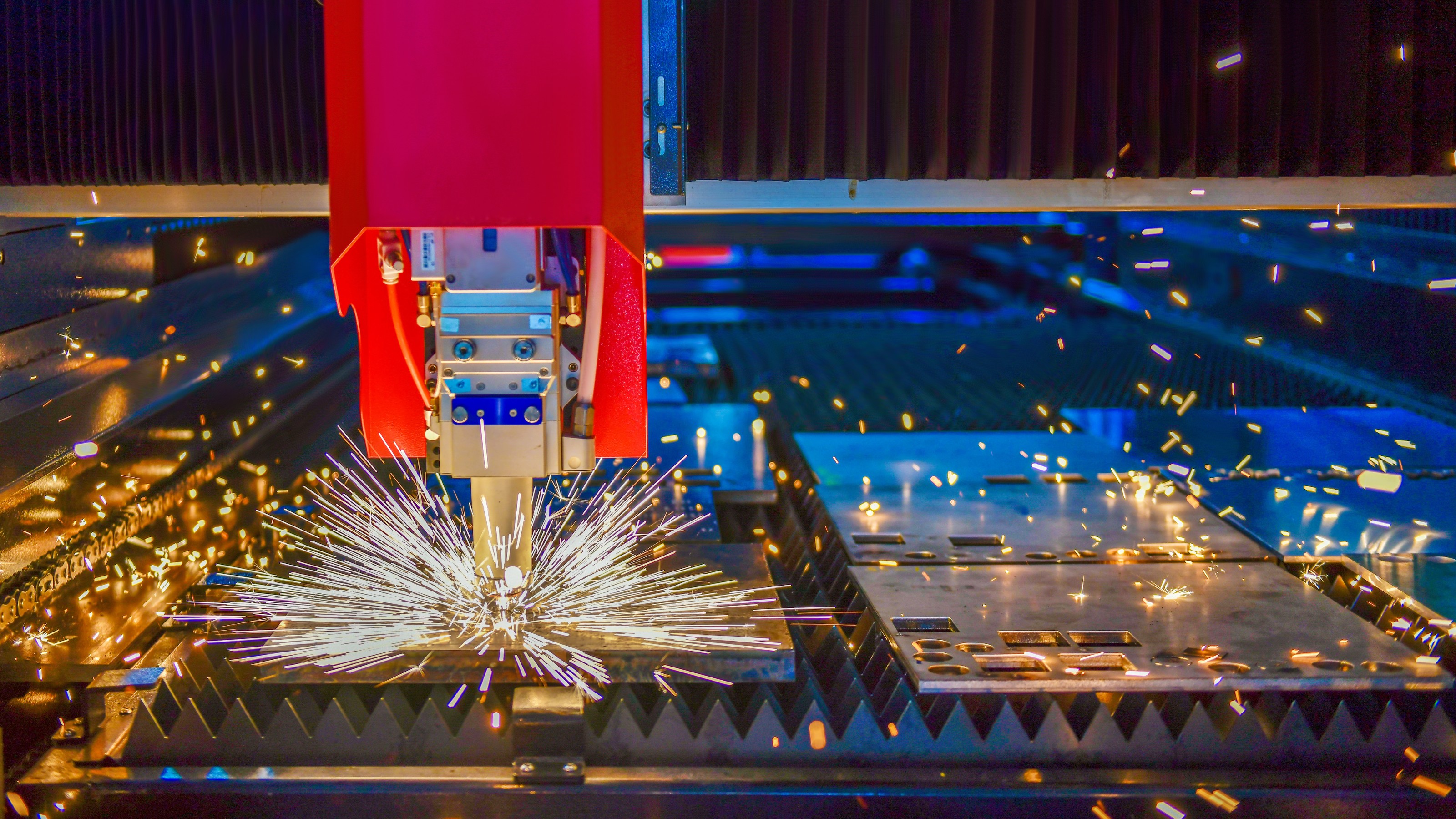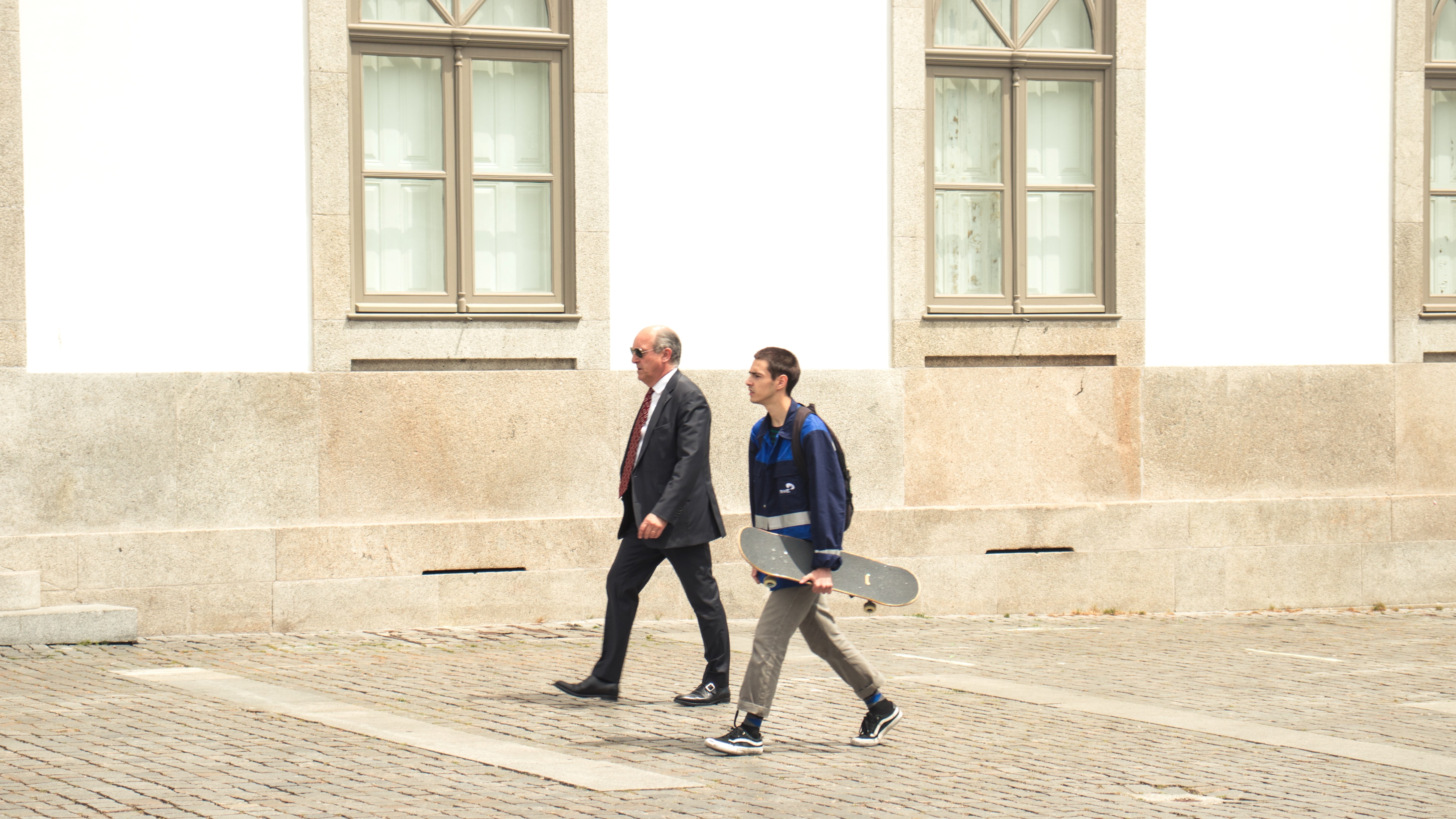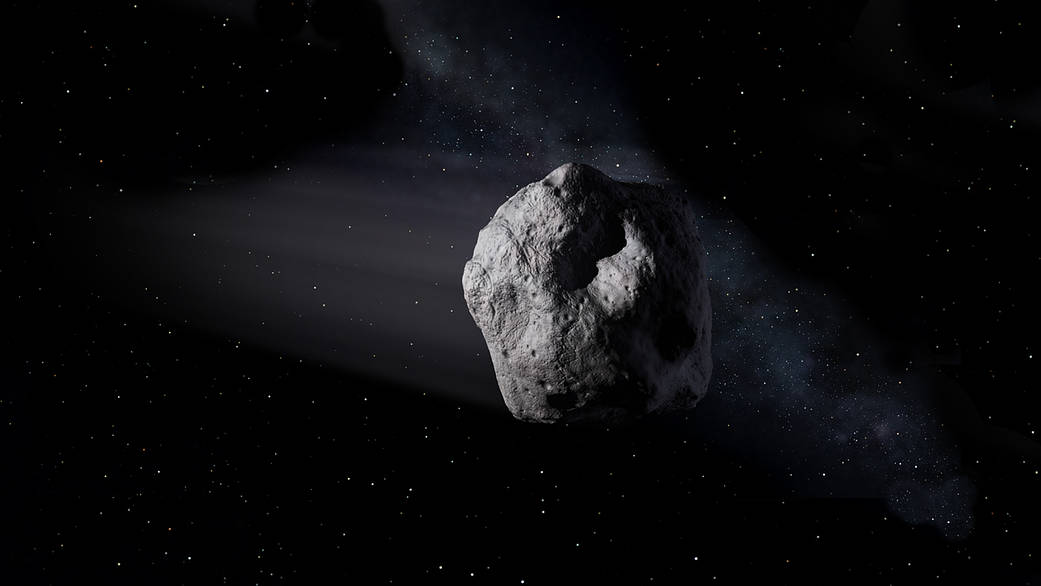The fictitious 31st-century world portrayed by the series is actually quite a bit like our own in the 21st century.
Search Results
You searched for: -%20-
In 1903, a Vermont doctor bet $50 that he could cross America by car. It took him 63 days, $8,000, and 600 gallons of gas.
The quantum world is one in which rules that are completely foreign to our everyday experience dictate bizarre behavior.
With U.S. infrastructure crumbling, an honor oath and iron ring remind engineers of their profession’s ethical weight.
Some scientists think we should allow our bodies to more harmlessly live with pathogens until they’re cleared from our systems.
From the Palace of the Soviets to The Illinois, these unmade buildings would have taken the art of architecture to whole new heights.
Every power source involves trade-offs. Given the challenges of increasing demand and climate change, what is the future of energy?
Alzheimer’s disease is frightening, but the right combination of lifestyle choices can reduce your risk.
Flashy desalination technology is more costly and cumbersome than many other solutions.
The dating pool is small — no pun intended.
The James Webb Space Telescope (JWST) will study many dangerous cosmic phenomena, knowledge of which may help save humanity.
Israel looks to deploy its “Iron Beam” air-defense system within the year.
From health to leadership abilities, a good sense of humor can help improve many aspects of life.
Recent changes have affected the design and development of instructor-led training. Read on to find out how.
Every timekeeping device works via a version of a pendulum — even the atomic clocks that are accurate to nanoseconds.
About the project The goal of driving more progress across the world—scientifically, politically, economically, socially, etc—is one shared by many. And yet, debates about the best way to maximize progress […]
Before gunpowder was introduced to the West, medieval Arabs devised grenades using crockery.
Monsters have always represented societal fears, but narrative art also casts doubt on whether we fully understand our monsters — and their slayers.
The massive craft could carry 100 humans to Mars and revolutionize space exploration.
Adolescents’ brains are highly capable, if inconsistent, during this critical age of exploration and development. They are also acutely tuned into rewards.
Meet the world’s largest landowners.
Awe-inspiring moments can be found in our daily lives, and they have surprising benefits for our health and sense of well-being.
It has no moving parts and could allow us to tap into renewable energy year round.
The future of American jobs isn’t only services and tech.
Life’s stages are changing – we need new terms and new ideas to describe how adults develop and grow
Ages 30 to 45 are now “the rush hour of life.”
Older adults who napped at least once or for more than an hour a day had a 40% higher chance of developing Alzheimer’s than those who napped less.
If Rome was not built in a day, why do you think you can be?
Extremely precise atomic clocks are not just of theoretical interest; they could help detect impending volcanic eruptions or melting glaciers.
60% of all potentially dangerous asteroids remain undetected.
Studying the display of personal wealth across time can help us better understand the history of socioeconomic inequality.
